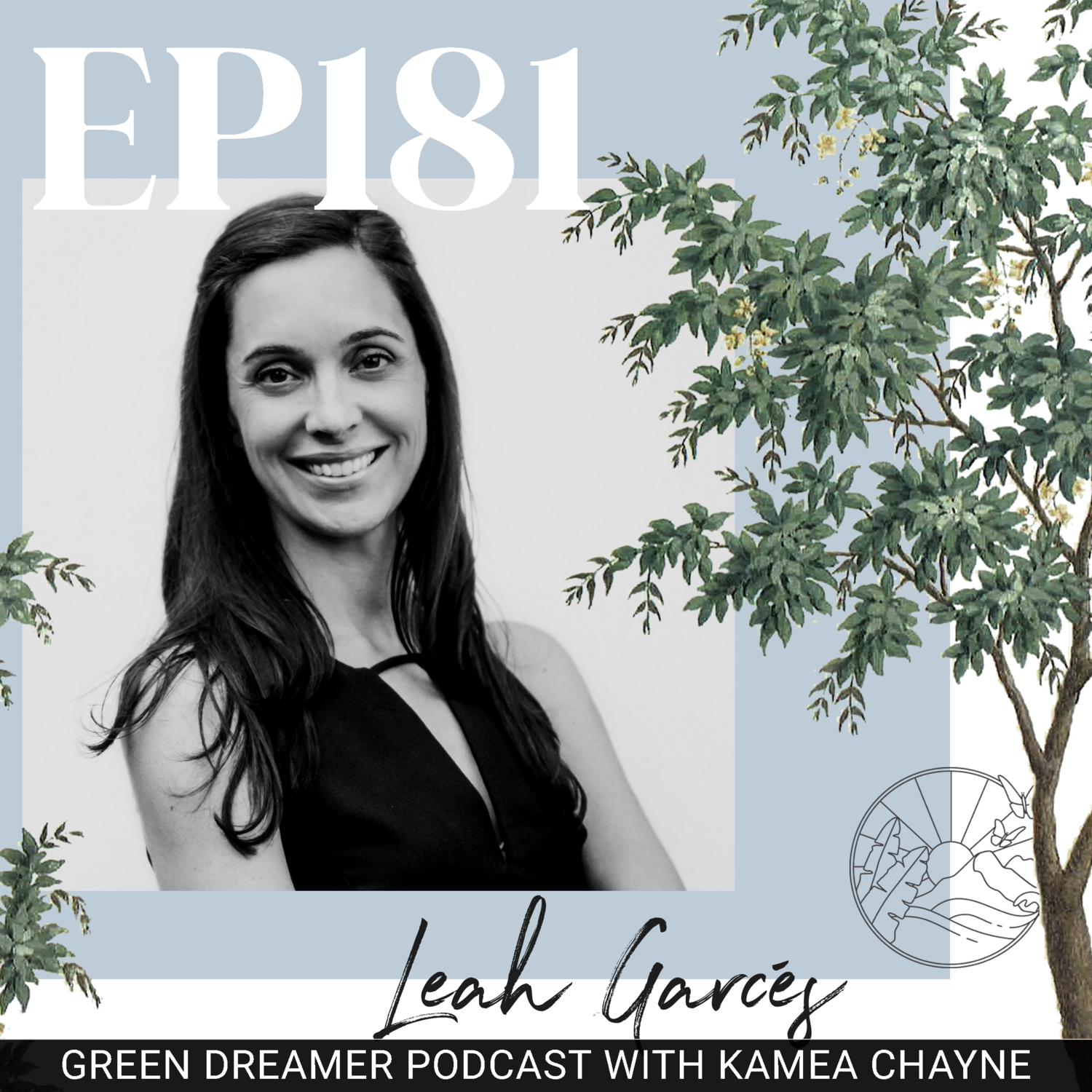Turning adversaries into allies to change animal agriculture (interview with leah garcés of mercy for animals)
Leah Garcés (@leahgarces) is the President of Mercy For Animals (@mercyforanimals) and a leader in the animal protection movement. She is also the author of Grilled: Turning Adversaries into Allies to Change the Chicken Industry. In her book, Leah describes her experiences working with farmers and food industry leaders to reduce animal suffering, build a better food system, and shine a light on the thriving and rapidly growing plant-based food sector through dialogue and discussion.
In this podcast episode, Leah sheds light on the social, health and ecological impacts of factory farming, which dominates animal agriculture in the United States; the value and opportunities that lie in reaching across the aisle to work with people we may view as our adversaries; and more.
To start, get a glimpse below into the conversation between Leah and Green Dreamer Podcast's host, Kamea Chayne.
“If we could take apart the subsidies and government support for factory farming, it would rapidly be revealed as a bankrupt system.”
If you feel inspired by this episode, please consider donating a gift of support of any amount today!
This is a conversation on Green Dreamer with Kamea Chayne, a podcast and multimedia journal illuminating our paths towards ecological balance, intersectional sustainability, and true abundance and wellness for all. This preview has been edited for clarity. Subscribe to Green Dreamer Podcast on iTunes, Spotify, Stitcher, or any podcast app to stay informed and updated on our latest episodes.
On the origins of our industrialized animal agriculture system:
"The short answer is that we're using a post-World War II government subsidy program to prop up a very unsustainable, broken business model—and it only exists because of that.
If we could take apart those subsidies and government support for [factory farming], it would rapidly be revealed as a bankrupt system.”
On how we will evolve into a future without factory farming:
"The same minds that created this awful [factory farming] system are now innovating our way out of it.
[These same people are now creating] some of the plant-based proteins that are starting to evolve and create solutions or even some of the meat that's coming not from slaughter but cell-based agriculture.
As human beings, we're capable of the most insane, cruel system, but we're also incredibly innovative and creative. I have every faith we can innovate out of this as well. It hasn't been that long—it's only been since World War II that we started to treat animals this way.”
On animal factory farming's ecological impacts:
"[It's important to] make that connection between the clearing of the land and the utilization of our precious, arable land to only feed animals in factory farms. The environmental impact [of factory farming] goes beyond the warehouse where the animals are; it goes wherever that feed is, too.
Right now, a third of our arable land is being used to feed factory-farmed animals around the world.”
Final words of wisdom:
"There are so many causes out there. Choose one and put yourself at it, because the world needs green dreamers for sure.”

